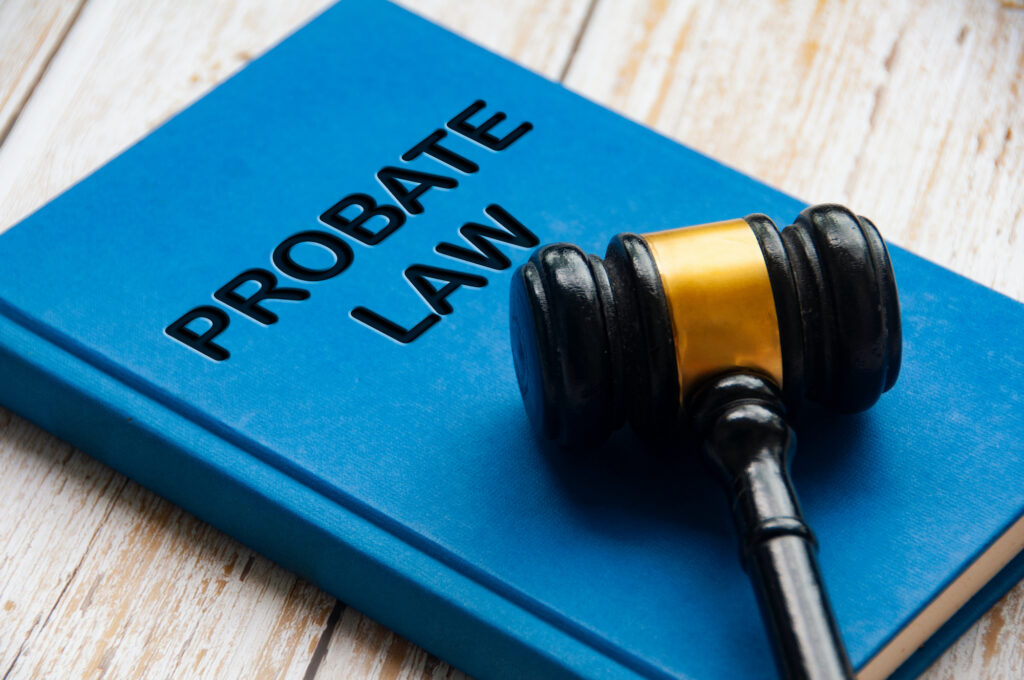When one spouse is the “money person” in the relationship, it can create issues in both life and death. To avoid unnecessary stress, couples need to ensure that they are on the same page. For day-to-day finances, this can mean regular check-ins about charges, expenditures, and budgeting. About estate planning, couples should keep each other informed about the location of important documents such as the following:
Category Archives: Estates
Seek out resources if you lost your job through no fault of your own. Some employers offer severance packages. And in many cases, you could collect unemployment benefits. Depending on state law and your former employer’s policy, a payout of accrued vacation and sick leave may fund source of liquidity to sustain you for a while.
When creating your estate plan, decide who to assign as your beneficiaries. These are the individuals who will inherit your money and property when you pass away. Beneficiaries often include a spouse or partner, children and stepchildren, grandchildren, other relatives, friends, charitable organizations, and/or a church.
Who would care for your pet if you die or somehow face incapacitation? Would your survivors know how to give your pet the same level of care you provide? A good way to ensure your pet is well cared for if something happens to you is to create a pet trust.
Complex probate processes can be costly and take years to finalize, which is why many individuals retain an estate planning attorney to minimize probate proceedings.
Loneliness is feeling sad about a lack of human connections and interactions. While social isolation may make most people feel lonely, loneliness is not the same as being alone. However, not everyone who lives alone feels lonely. What’s more, not all people who feel lonely live alone. People of any age may feel lonely, but the condition is especially common in seniors.
With very few exceptions, state law governs estate administration. So, each state follows unique laws and regulations regarding probate and distribution of a decedent’s assets.
In addition to asset distribution, your executor makes a public notice of your death, files your final taxes, and records your will in probate court.
Paying for long-term care planning remains a significant challenge for most older Americans. However, preparing for service payments often proves tricky.
The key to ensuring that your estate plan will work the way you envision is understanding that how you own your money and property (i.e., how title is held) determines whether your will or trust, or neither, controls who will receive that money and property.











